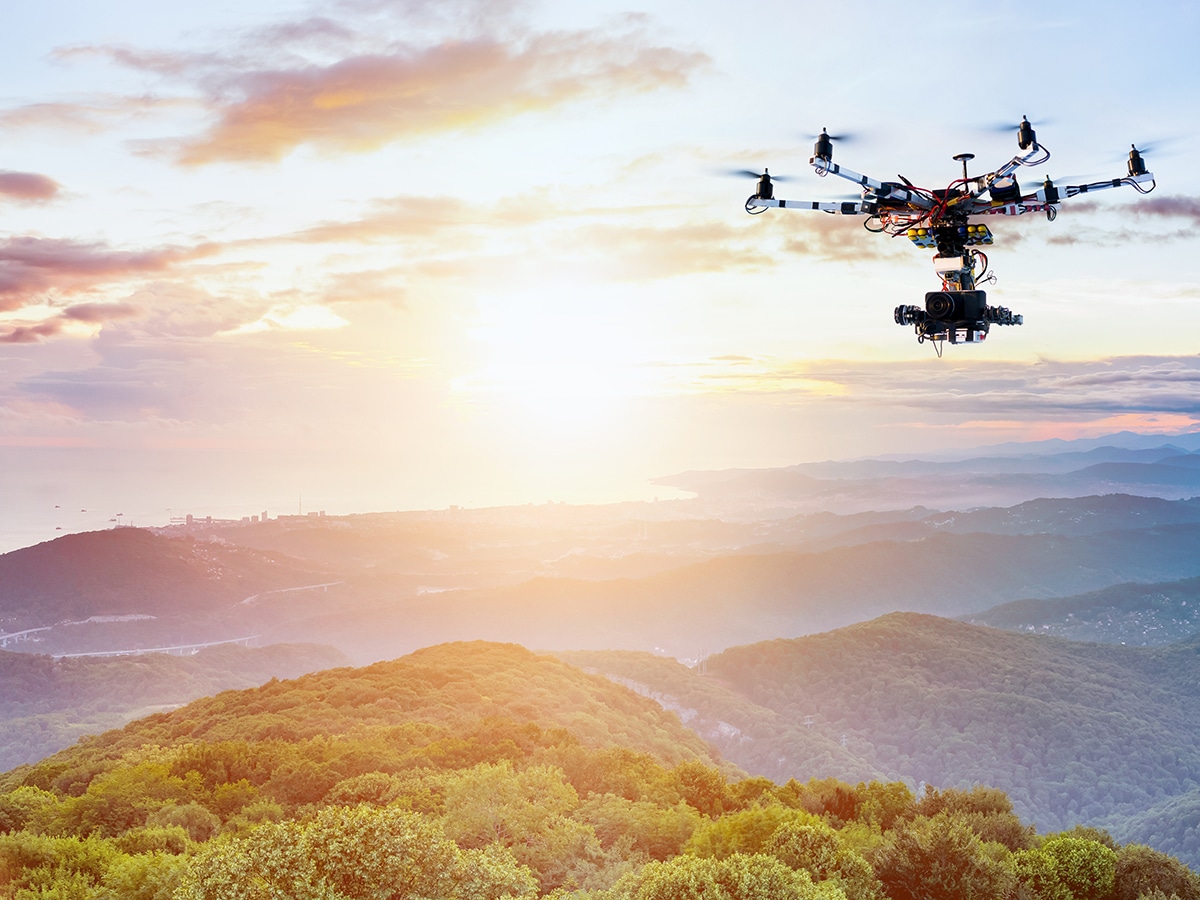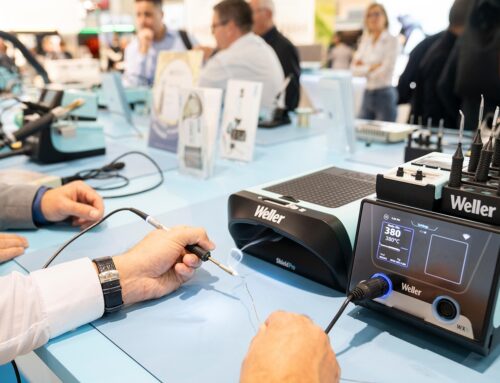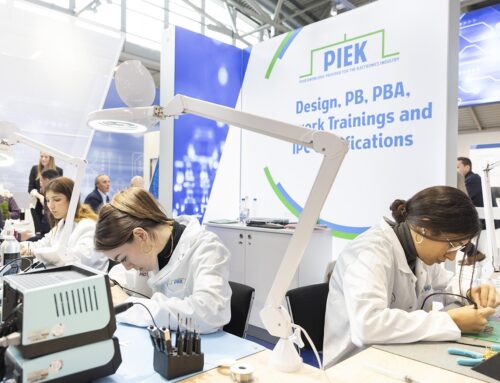The rise of drone technology is unstoppable. From applications in agriculture, defence and inspection to logistics and entertainment, drones are becoming increasingly advanced, lighter, more powerful, and smarter. But however futuristic the final product may appear, it all starts with highly reliable electronic connections. And this is where the connection industry comes into play – a crucial link in the chain from design to flight.
Especially in drones, where space and weight are limited and vibration and weather conditions are part of daily operations, the quality of cables, soldering and connectors is essential. A faulty connection can make the difference between a successful flight and total system failure. That is why adhering to internationally recognised standards, such as those from IPC, is of vital importance.
IPC certification ensures that technicians, designers and assembly workers operate according to the strictest guidelines in electronics, solder joints and cable assembly. For drone applications, the IPC-A-610, J-STD-001 and IPC/WHMA-A-620 certifications are particularly relevant. These standards define requirements for solder quality, wire connections, assembly practices and rework procedures.
Still, certification is only as valuable as the quality of the training behind it. And this is exactly where the importance of a recognised training institute like PIEK comes in. For decades PIEK has been the go-to specialist in IPC training and certification, with a global network of experienced trainers and examiners. The hands-on experience of PIEK trainers, combined with their thorough knowledge of the standards, ensures that course members not only pass their exams but truly understand how to apply the standards in their daily work.
Whether it is about manufacturing drones for military use, monitoring critical infrastructure or
medical applications: flawless connections are literally a matter of life and death. PIEK offers companies in drone technology the assurance that their employees are not only certified but also operate at the highest level of quality, worldwide, across all sectors and always according to the latest standards.
The future of drones is in the air, but that future depends on what happens under the bonnet. And it all begins with proper training, the right standards and a reliable partner like PIEK.






